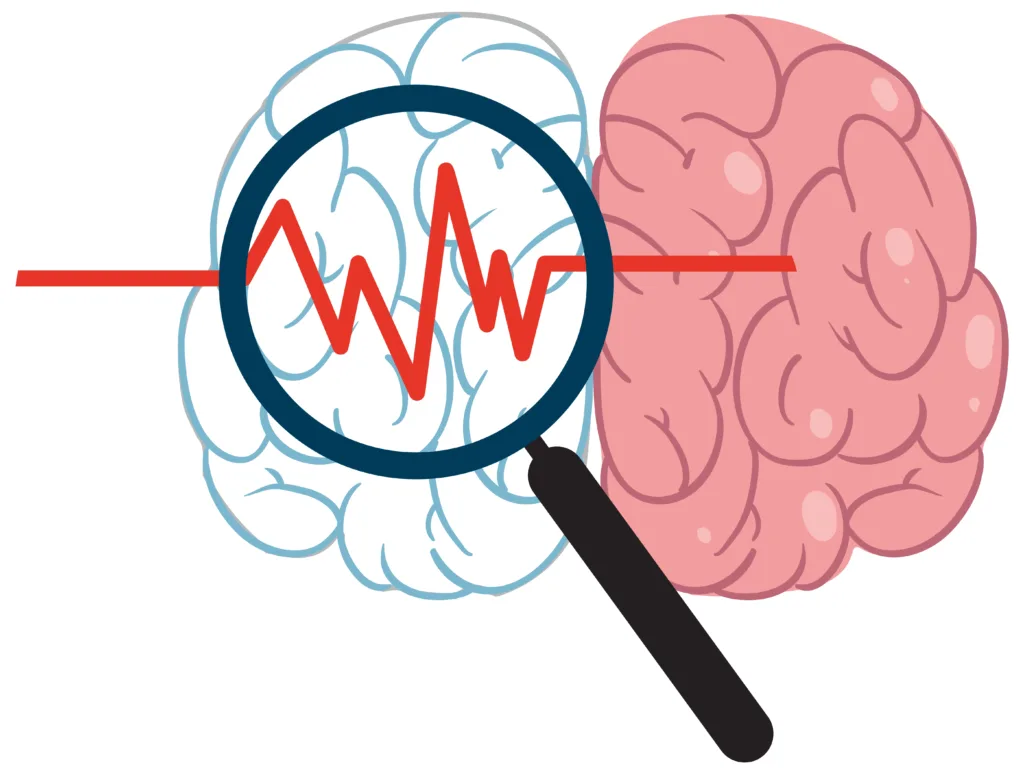Brain worms, also known as cerebral parasites, are organisms that infect the brain and can cause various health issues. These parasites can enter the brain through contaminated food or water, or through the bite of an infected insect or animal like pork. Once inside the brain, they can disrupt normal brain function and lead to symptoms such as headaches, memory loss, and cognitive decline.
It is important to understand the effects of brain worms in order to take preventive measures and protect your brain health. By learning more about these parasites, you can make informed decisions about your lifestyle and reduce the risk of infection.

Natural Ways to Boost Brain Health
Maintaining a healthy brain is crucial to prevent brain worm infections. There are several natural ways to boost brain health and strengthen your immune system. These include:
– Eating a balanced diet rich in fruits, vegetables, and whole grains
– Engaging in regular physical exercise to improve blood flow to the brain
– Getting enough sleep to promote brain regeneration and repair
– Managing stress through relaxation techniques such as meditation or yoga
– Stimulating your brain with activities like puzzles, reading, and learning new skills
By adopting these healthy habits, you can enhance your brain’s natural defenses and reduce the risk of brain worm infections.
Nutrition and Brain Worm Prevention
Proper nutrition plays a key role in preventing brain worm infections. Certain foods have been found to have antiparasitic properties and can help protect the brain from infections. Some examples of nutritious foods that can contribute to brain health and prevent worm infestations include:
– Garlic: Garlic contains compounds that have antimicrobial and antiparasitic properties. Including garlic in your diet can help ward off brain worms.
– Turmeric: Curcumin, the active ingredient in turmeric, has been found to have antiparasitic effects. Adding turmeric to your meals can support brain health.
– Pumpkin Seeds: Pumpkin seeds are rich in antioxidants and have been traditionally used to expel parasites from the body. Consuming pumpkin seeds regularly can help prevent brain worm infections.
Incorporating these foods into your diet can provide added protection against brain worms and support overall brain health.
Physical Activities for Brain Health
Engaging in physical activities not only benefits your physical health but also contributes to brain health. Regular exercise promotes blood circulation, which ensures an adequate supply of nutrients and oxygen to the brain. It also stimulates the release of chemicals in the brain that enhance mood and cognitive function.
Some physical activities that are particularly beneficial for brain health include:
– Aerobic exercises: Activities like jogging, swimming, and cycling increase heart rate and oxygen flow to the brain, improving overall brain function.
– Yoga: Yoga combines physical movement with deep breathing and meditation, promoting relaxation and reducing stress levels, which can positively impact brain health.
– Dancing: Dancing is a fun and engaging activity that requires coordination and memory recall, stimulating various areas of the brain and improving cognitive function.
By incorporating these physical activities into your routine, you can support brain health and reduce the risk of brain worm infections.
Mental Exercises to Ward Off Brain Worms
Keeping your brain active and engaged is essential for warding off brain worms’ infections. Mental exercises help strengthen neural connections and promote brain plasticity, which is the brain’s ability to reorganize itself and form new connections.
Some effective mental exercises to ward off brain worms include:
– Crossword puzzles: Completing crossword puzzles challenges your memory and problem-solving skills, keeping your brain sharp.
– Sudoku: Sudoku puzzles require logical thinking and improve concentration and mental agility.
– Learning a new language: Learning a new language stimulates multiple areas of the brain and enhances cognitive function.
– Playing musical instruments: Playing a musical instrument engages different parts of the brain and promotes coordination and creativity.
By regularly engaging in these mental exercises, you can keep your brain active and reduce the risk of brain worm infections.

